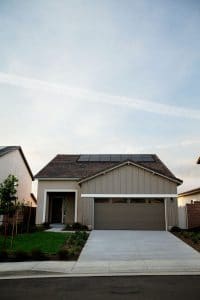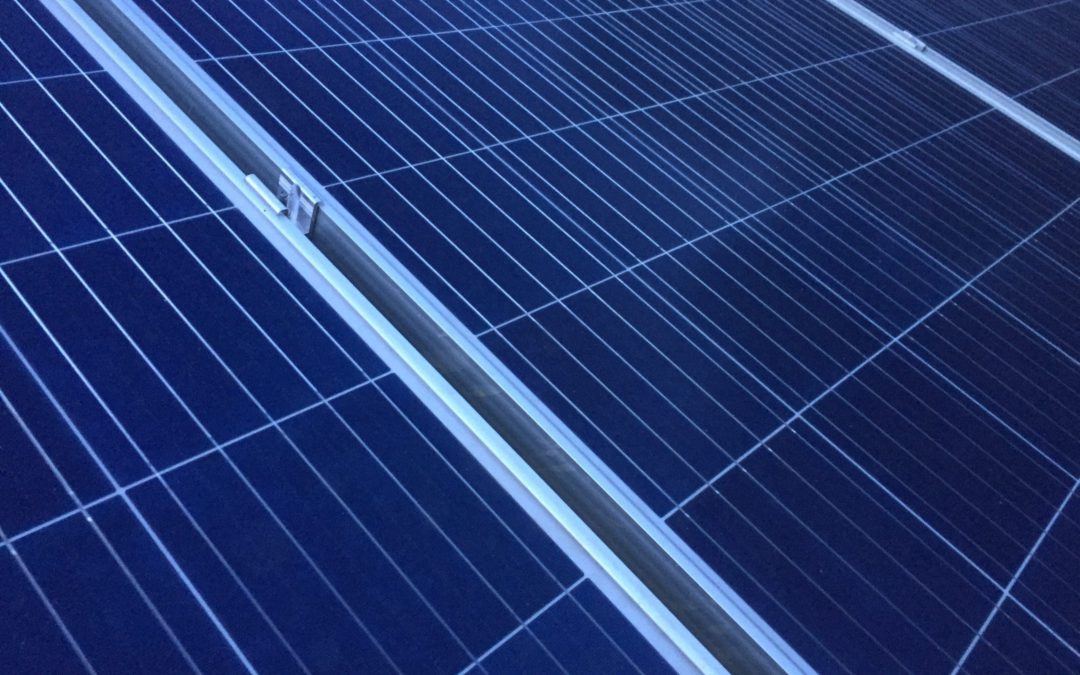
Let’s talk about some of the most common myths you might hear about solar panels and finally put them to rest.
1. Purchasing Solar Panels is Expensive
When solar panels became available for homeowners to purchase they were quite expensive. Both the panels themselves and the labor needed to install them were highly specialized, leading to higher upfront costs.
The Solar Energy Industries Association reported that the cost to install solar has dropped by more than 70% over the last decade. In fact, prices in 2020 were some of the lowest in the industry’s history, at an average of $20,000 compared to double that 10 years prior.
Also, solar panels are a long-term investment. They can operate for 25-30 years when properly maintained so you can experience electricity bill savings and tax credits.
2. There is Too Much Maintenance Involved
Solar system equipment is constantly tested and improved to meet consumer needs. This means that many panels don’t require much maintenance at all! That being said, you will still face decisions that can affect how often your system needs to be checked. For instance, systems that rely on lead-acid batteries may require ongoing maintenance, but lithium-ion batteries require little to none.
If you do face a major problem with your solar panels, make sure to check your product warranty. Many manufacturers offer protection that can last a decade and installers even provide a warranty that covers labor.
3. Solar Panels Aren’t Productive In Cold Climates
States that are closer to the equator experience sun and warm temperatures almost year-round, making them ideal locations for solar systems. However, just because you live in a colder climate doesn’t mean you can’t experience the benefits of solar panels.
While seasonality does affect solar energy production, the temperature does not. If you live in a colder climate with darker winters, you may see lower output during those months. However, when the sunnier climate returns in the spring, summer, and even early fall, the system will generate more power than can be used throughout the entire year.
4. Solar Panels Will Damage the Roof
This is a common concern among homeowners. They often imagine that the installation process involves alterations to their home’s roof and will destroy the shingles you’re trying to keep pristine. What actually happens is actually the opposite. Most of the time, the solar panels protect your roof and act as a shield against inclement weather and UV rays that can damage the shingles.
Always make sure to hire a solar installation company with a good reputation and superior customer service. Better yet, ask them how the installation process works so you can completely understand how they will be fixed to the roof and have peace of mind they will do it correctly.
5. Solar Panels Will Give Me Excess Power
Many homeowners believe that solar panels will store excess power that can be used during a power outage. However, that’s only the case if the system has a battery storage system. Most solar panels don’t operate during a power outage to protect utility company workers from surges.
If your system does have batteries, you can choose which circuits have power during a grid outage. If batteries are not an option and you still want to take advantage of storing excess energy, see if your area offers net metering. This way, you can get credit for any extra power you might feed to the larger grid.
Convinced That Solar is The Way to Go?
As you can see, all of these common myths about solar panels are easily debunked today.
There’s never been a better time to utilize solar power for your benefit. If you have any more questions about solar power systems, contact the team at Boundless today. We’re happy to talk you through what solar can do for you and provide a custom quote.


